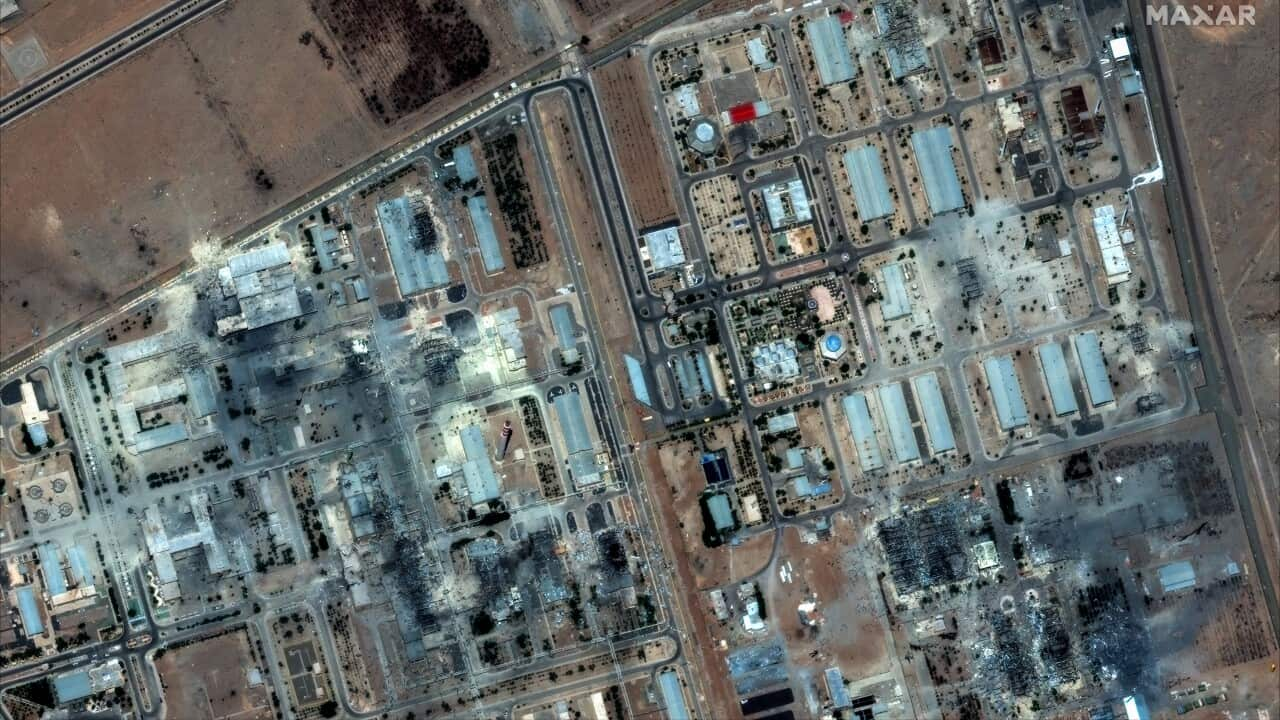The United States Central Intelligence Agency (CIA) has said that "credible intelligence" has emerged indicating that America's attack on Iran severely damaged its nuclear program, despite a leaked intelligence assessment earlier this week suggesting otherwise.
"This includes new intelligence from a historically reliable and accurate source/method that several key Iranian nuclear facilities were destroyed and would have to be rebuilt over the course of years," CIA director John Ratcliffe said in a statement on Thursday.
Last weekend, the US attacked three of Iran's nuclear sites — the Fordow, Natanz, and Isfahan facilities — with US President Donald Trump saying the strikes had "obliterated" them.
But the full extent of the damage and what it means for Iran's nuclear program remain somewhat unclear.
What have Israel and Iran said?
Israel's nuclear agency assessed the strikes had "set back Iran's ability to develop nuclear weapons by many years".
Iranian foreign ministry spokesperson Esmail Baghaei has also confirmed that the facilities have been "badly damaged".
"That [damage] is certain, because [those facilities] have been under repeated attacks," he told Al Jazeera.
However, he didn't provide any details about the extent of the damage.
The United Nations' nuclear watchdog chief Rafael Grossi has stated that some of Iran's highly enriched uranium may have survived the attacks, as Tehran could have moved it shortly after the initial strikes.
US-based satellite company Maxar has released photos of vehicles and trucks at Iran's Fordow nuclear facility, just two days before airstrikes targeted that site and two other nuclear facilities.
'We're going to talk to them next week'
Speaking in The Hague during the NATO summit, Trump said he would likely seek a commitment from Iran to end its nuclear ambitions at talks next week.
"We're going to talk to them next week, with Iran. We may sign an agreement. I don't know. To me, I don't think it's that necessary," Trump said.
"I'll tell you, the last thing they want to do is enrich anything right now. They want to recover," he said, referring to Western accusations that Iran has been enriching uranium to near-weapons-grade purity.
He did not give details on the discussions, such as the venue and participants.
Trump said he was confident Tehran would pursue a diplomatic path now, despite the recent conflict.
If Iran tried to rebuild its nuclear program, "we won't let that happen", he said.
"Number one, militarily we won't."
Different signals from Iran
However, different parts of the government in Iran have sent different messages about the future of its nuclear program.
On Wednesday, in a phone call with Saudi Crown Prince Mohammed bin Salman, Iranian President Masoud Pezeshkian said they are "ready to resolve issues between themselves and the US based on international frameworks".
In an interview with Al-Araby Al-Jadeed, Iran's foreign minister, Abbas Araghchi, said that the conflict will "strengthen Iran's will" for its nuclear program.
But he also conceded that the strikes on Iran's nuclear facilities will have wide impacts on its nuclear program.
On the other hand, on Wednesday, Iran's parliament approved a bill to suspend cooperation with the UN nuclear watchdog, the International Atomic Energy Agency (IAEA).
Iran's unelected Guardian Council would need to approve it for it to become law. The bill requires any future inspection by the IAEA to get approval from the Supreme National Security Council.
Parliament speaker Mohammad Baqer Ghalibaf was quoted by state media as also saying Iran would accelerate its nuclear plan.
The country's supreme leader, Ayatollah Ali Khamenei, who is known for making the final decision in such situations, has not yet publicly commented on the matter.
— With additional reporting by Reuters.
For the latest from SBS News, download our app and subscribe to our newsletter.

